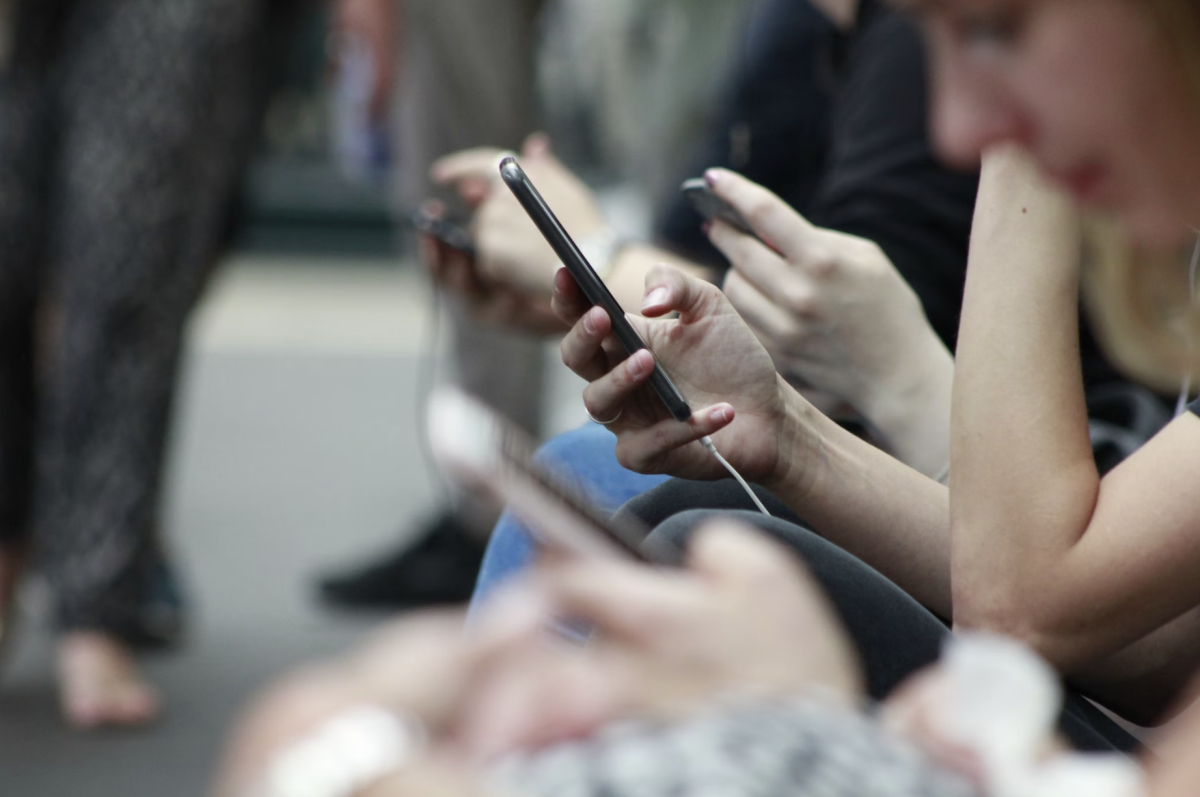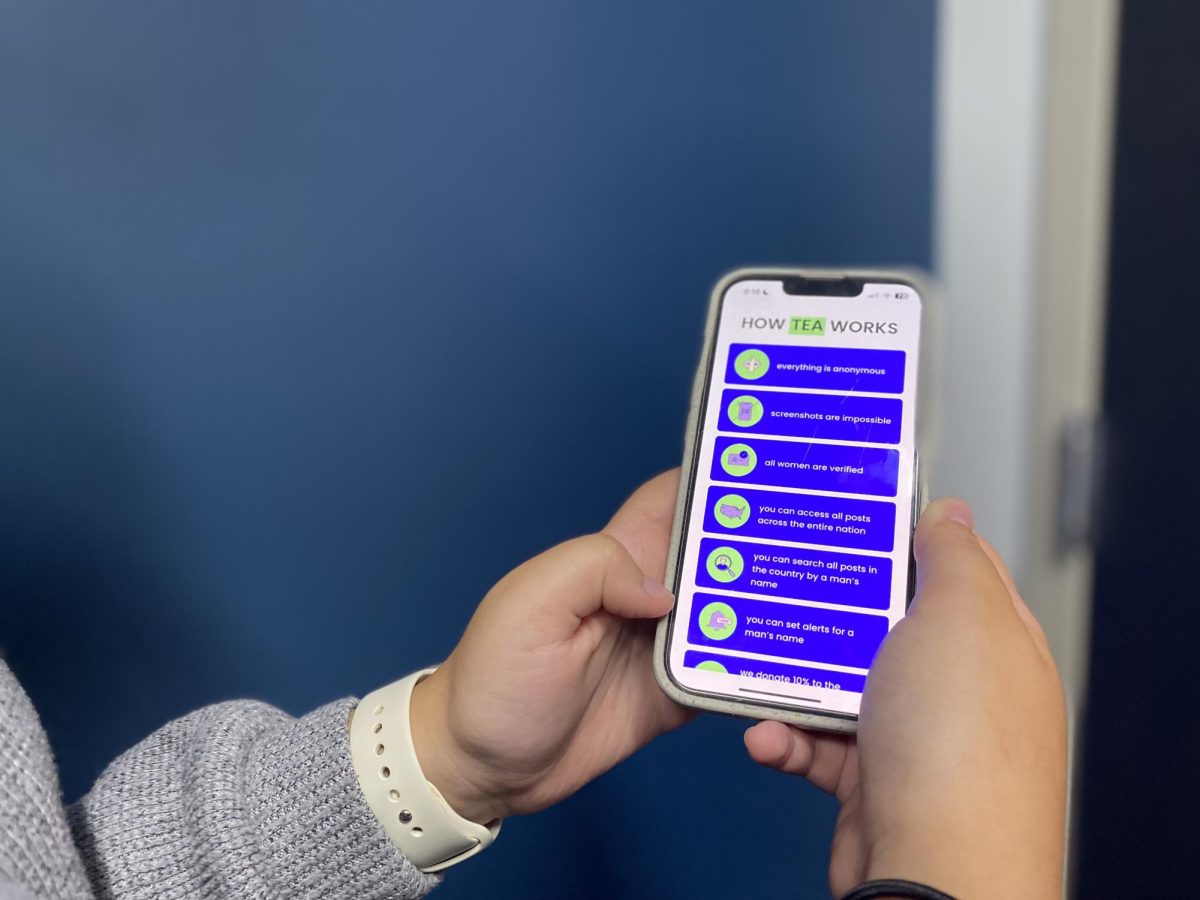The advent of social media has given unprecedented access to billions of people to be informed and voice their concerns and opinions on websites like Facebook and Twitter. Our world is more informed than ever thanks to the internet and the social media sites on it, yet at the same time, our world feels more divided than ever. It is largely because though we have the ability to research anything we want at nearly any moment or comment on any Facebook post that we see, being behind a computer or smartphone screen has distanced us from each other, and we feel less empathy for one another. With that, when you scroll through the comments section of any given Facebook article, you are bound to see comments that are vulgar, unnecessarily rude, and extremely negative, and these comments often turn into arguments where people attack each other endlessly and seemingly without purpose. Not to say that the people in the comments section are void of valid points, but the points made are usually done in a condescending, or more often than not, an outright hostile manner, and that doesn’t get a person’s point across. It makes them less likeable and it makes it harder to sympathize with that person.
While public and respectful debate has been a contributing factor towards the success of Western civilization, arguing in the comments on a Facebook post accomplishes very little and according to CNBC, it is actually shown to make people more depressed. While this also has to do with the fantastic images seen on Facebook(which tend to either be a photo of some horrific event, or of your friends having a better time than you are), the atmosphere that has been cultivated in the way people treat each other on Facebook is certainly a contributing factor as well. This connects back to how we as a culture have forgotten how to empathize with each other, and instead of respectfully attempting to persuade a person to accept our particular point-of-view, we have resorted to name-calling and attacking both the character and intellect of all who disagree with us. This almost always has the reverse effect. How many times have you heard a friend or family member say the sentence “Well I used to believe one way, but then a guy I didn’t know on Facebook called me a Nazi, fascist, asshole who is worse than Hitler. Now I’ve changed my mind!” You have never heard this said. This sentence has never been spoken out loud before the publishing of this article. This sentence did not exist before this article. That’s because no one has ever come away from a Facebook argument feeling as though they either: 1. Learned something; or 2. Changed their opinion because someone called them a crude name.
Facebook, and social media in general, is symptomatic, or perhaps even a cause of, the insular nature of our current society. It has become easier to interact with each other through our computers instead of outside of that bubble in person. The lead up to the 2016 election — much of which focused on social media posts — was one of the most bitter elections in years. The politic and opinions of the candidates aside, much of this hostility has been attributed to the bubble that our country has forced itself into. There are several levels to this bubble. One of those levels is that we don’t associate with as many people who have different opinions than us, at least those who are older than the collegiate level, but another reason that our country is in this bubble is because instead of debating civilly, and in person, we have decided as a society to “yell” at each other online. We call each other names such as Nazi and communist instead of hammering home legitimate points in a polite, civil fashion. Since we can’t see the person on the other end of the comments, then we naturally assume that we can say whatever we want to them and about them. They do no matter because they neither agree with us nor can we see them. This hasn’t just made social media toxic and irritating, it has made our nation a more bitter place to live.
All of these being said, it should not be implied that I think people shouldn’t comment at all on Facebook. In fact many positive comments are exchanged on Facebook, such as wishing people happy birthday, congratulations for a graduation or engagements, and a plethora of other things that are worth celebrating. In addition to that, Facebook users should voice their opinion in the comments section. It is the American way to be able to speak your mind freely(even if you’re wrong), and that’s an amazing aspect about our country. However, commenters should be respectful of one another. Whenever a person counters another person in the comments section, they should not attempt to totally one up that person and explain to them how “stupid” they are. They should view that person for what they are; another person.
I look forward to seeing the comments for this article on Facebook.
I hope you enjoyed this op-ed. If you agree or disagree with me on this topic and would like to contact me to share your own opinion or if you would like to request any future topics for me to write about, please do so at [email protected].









